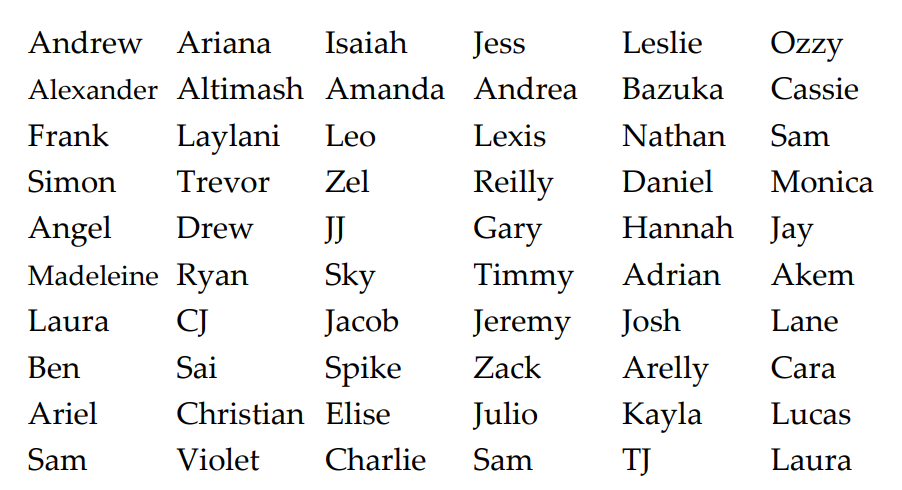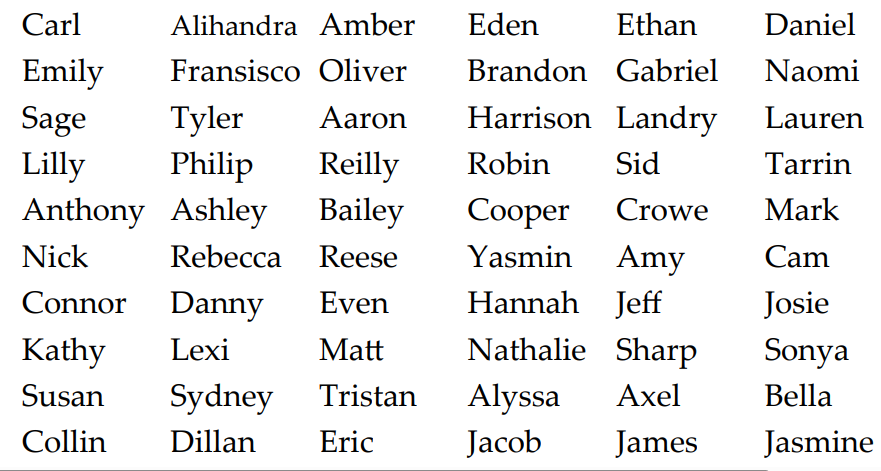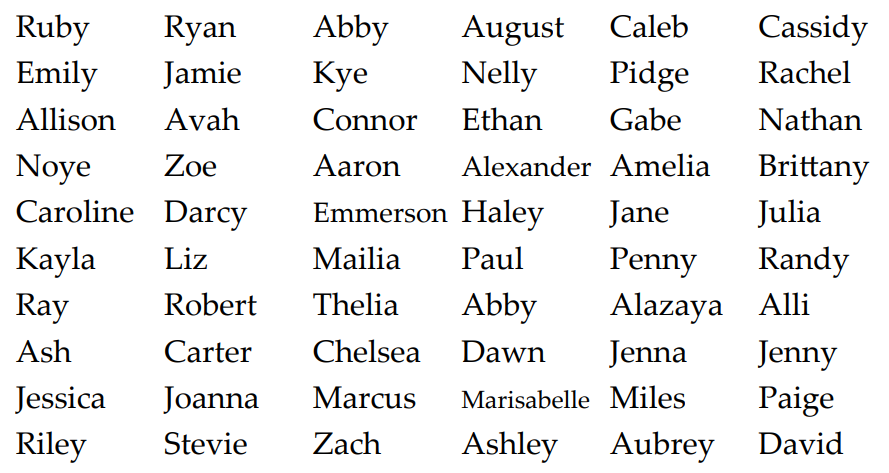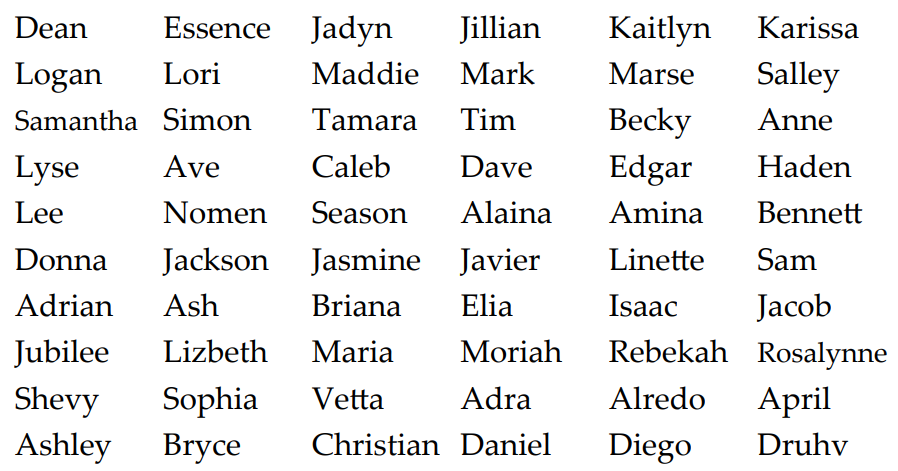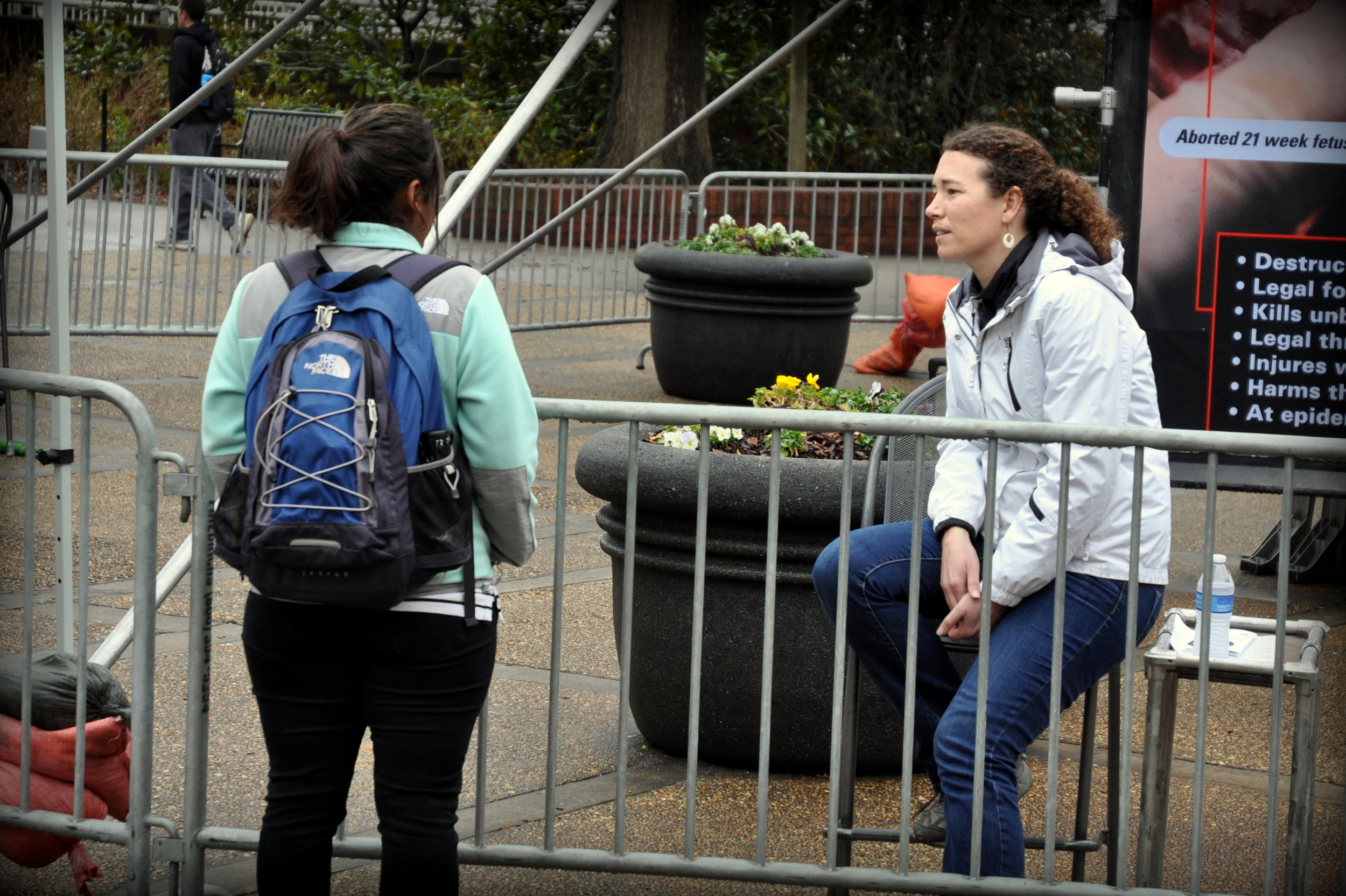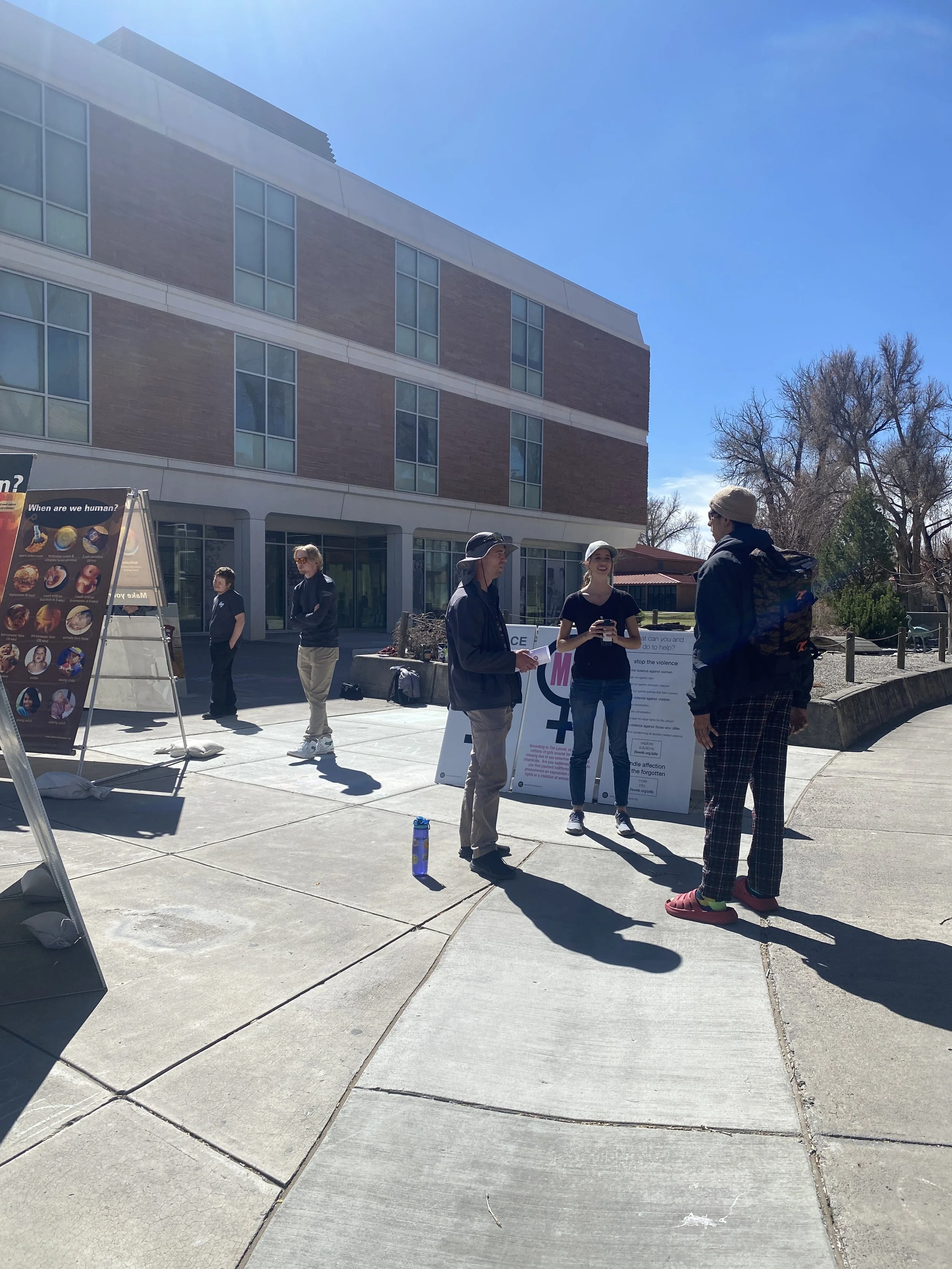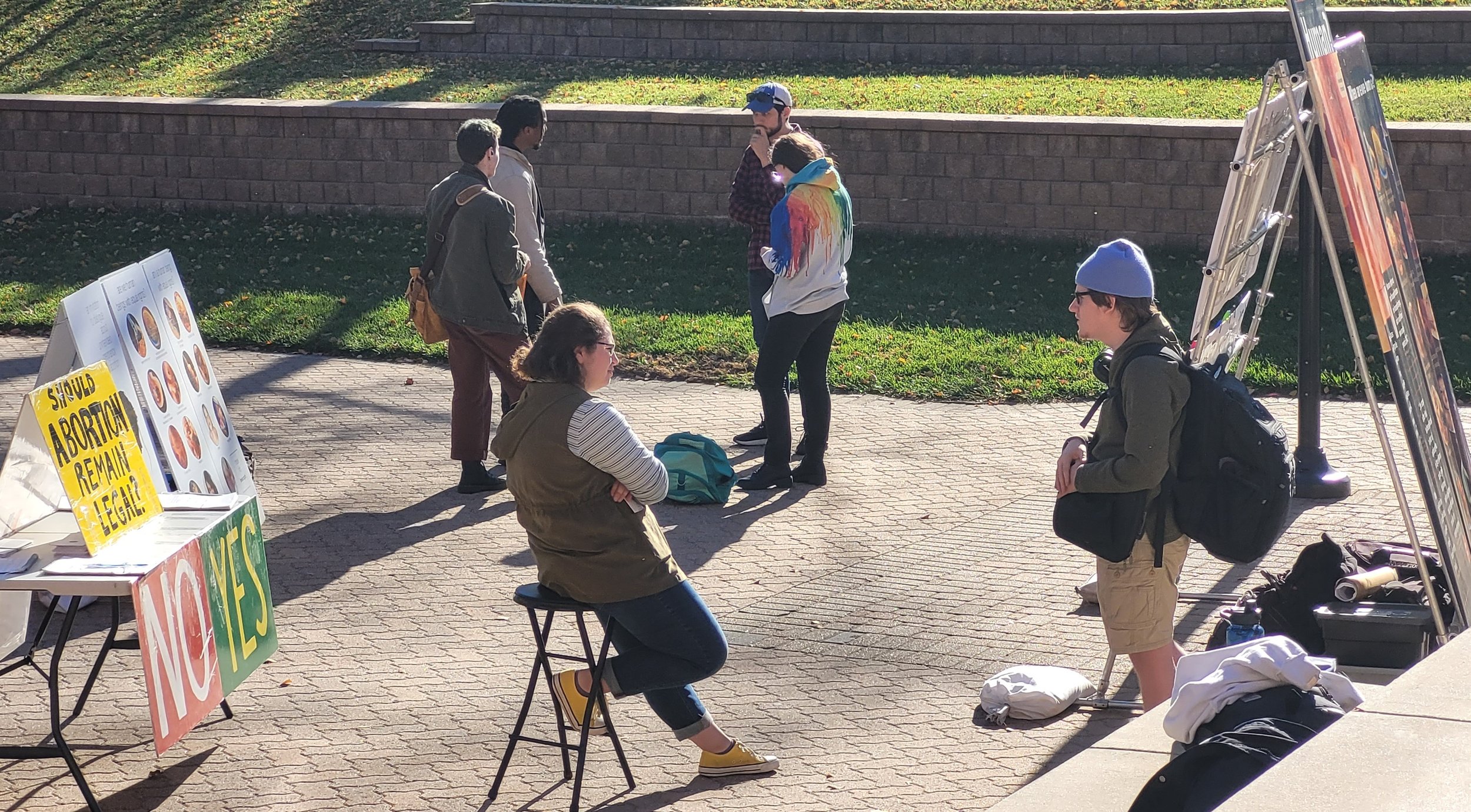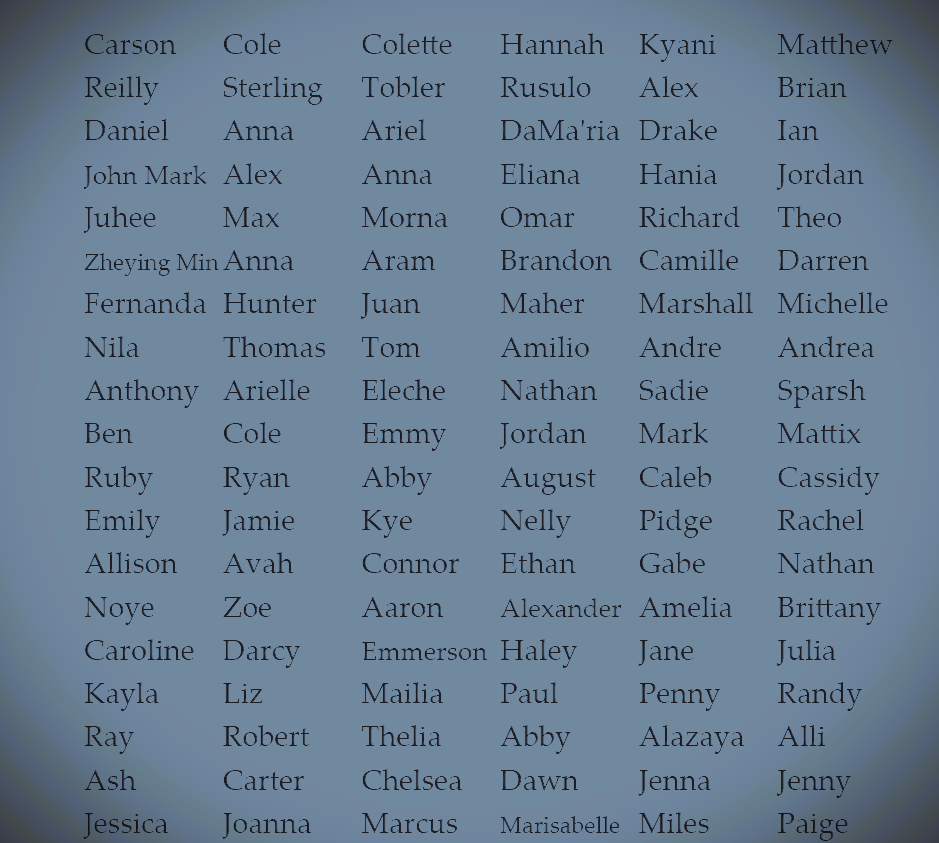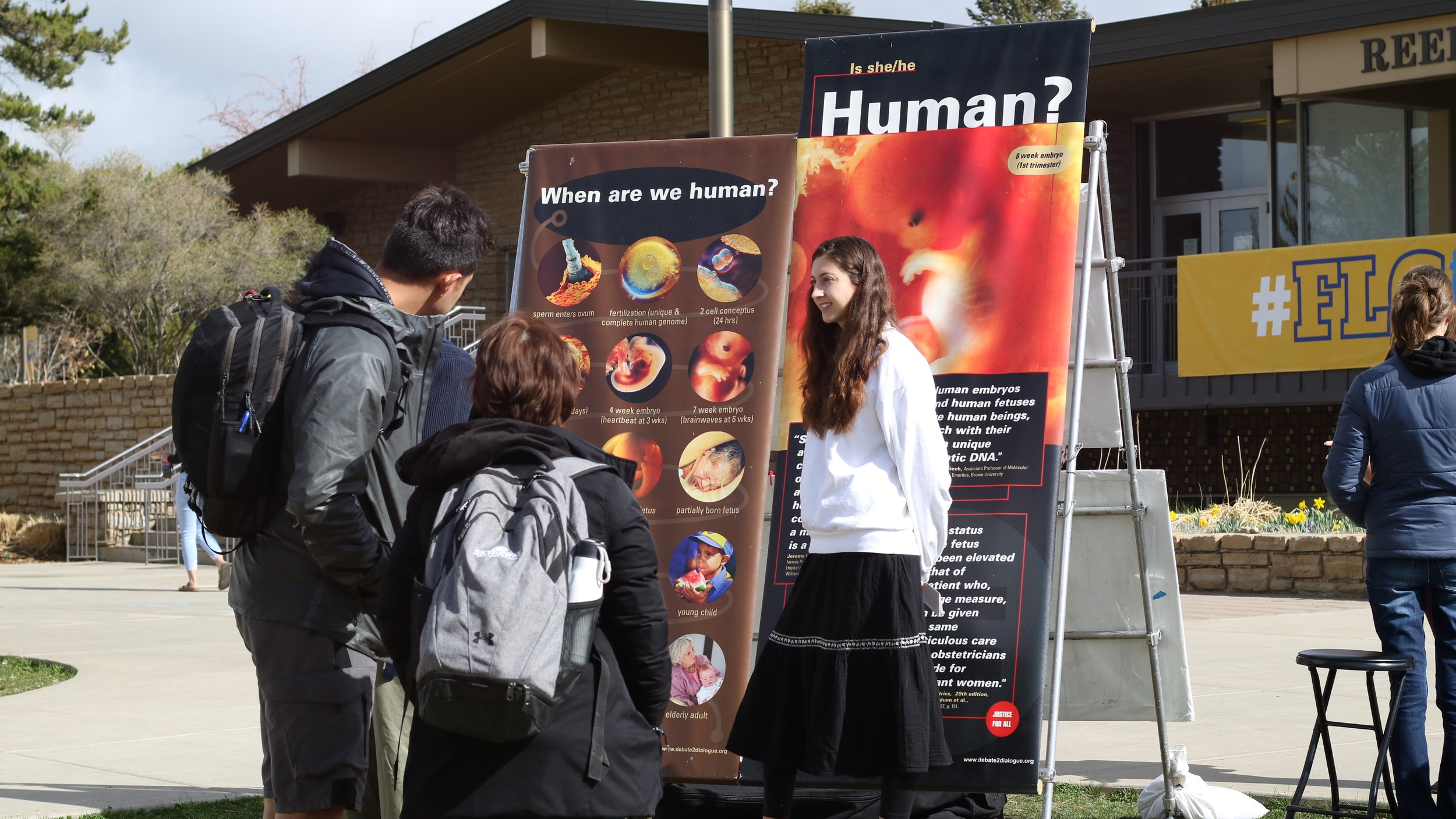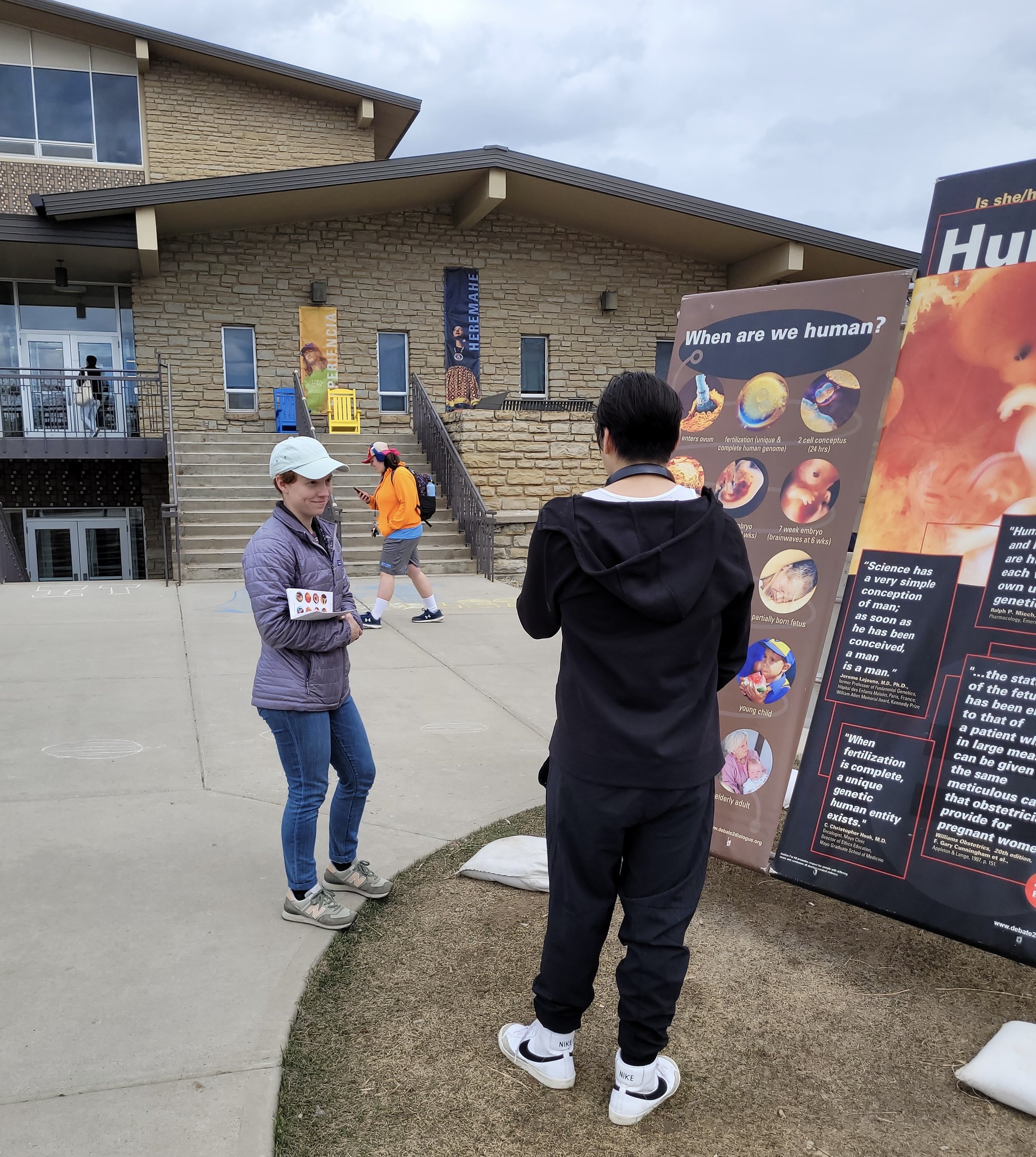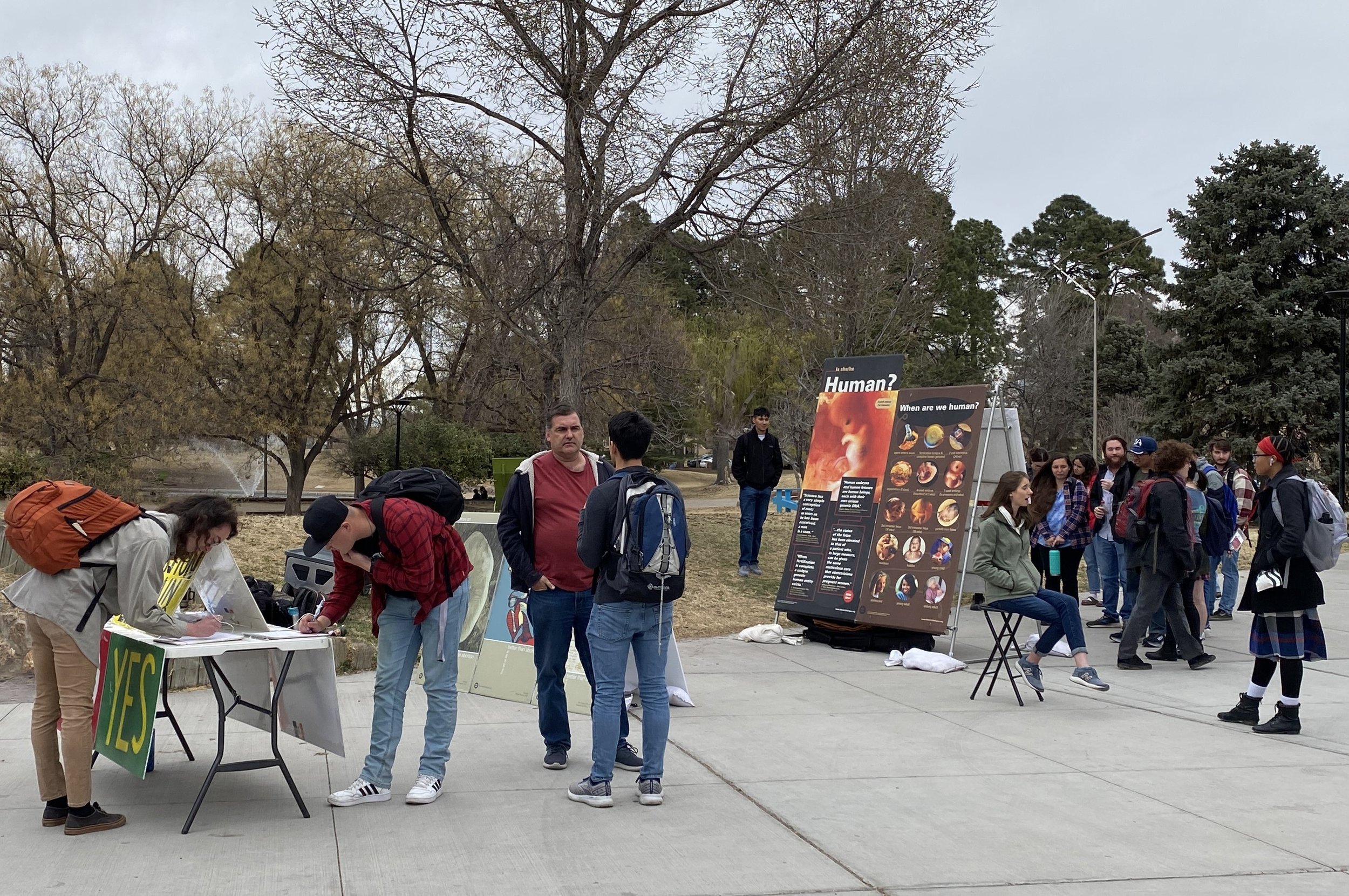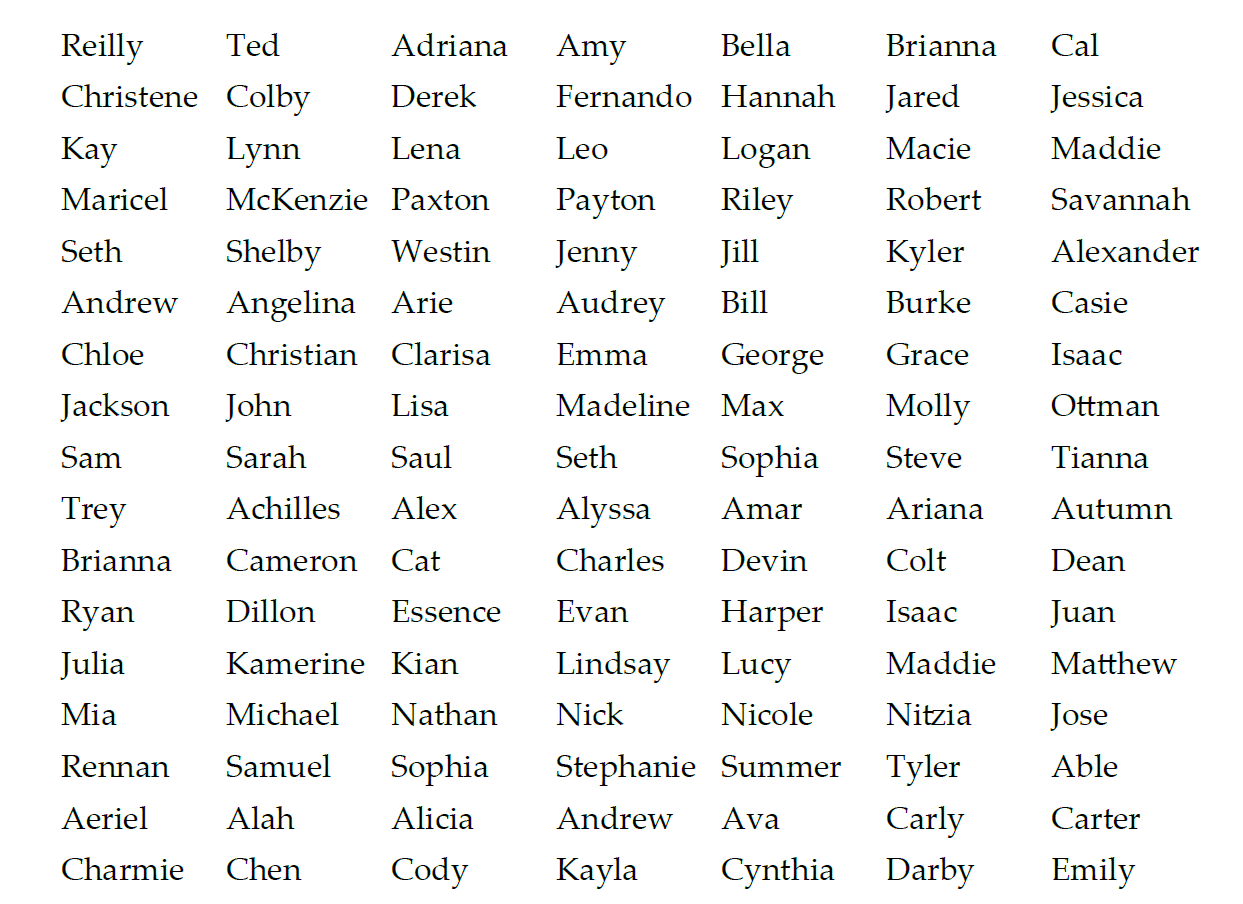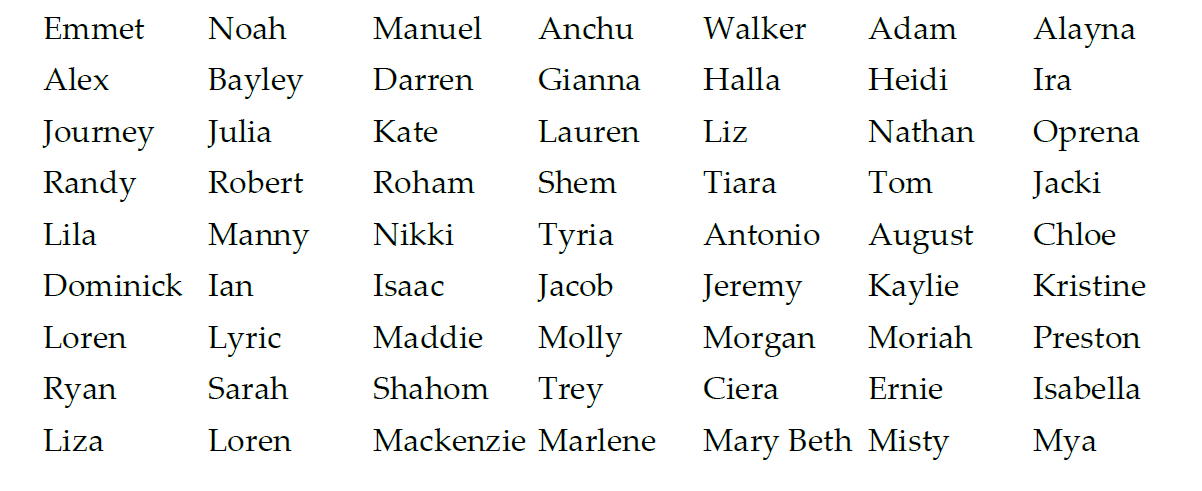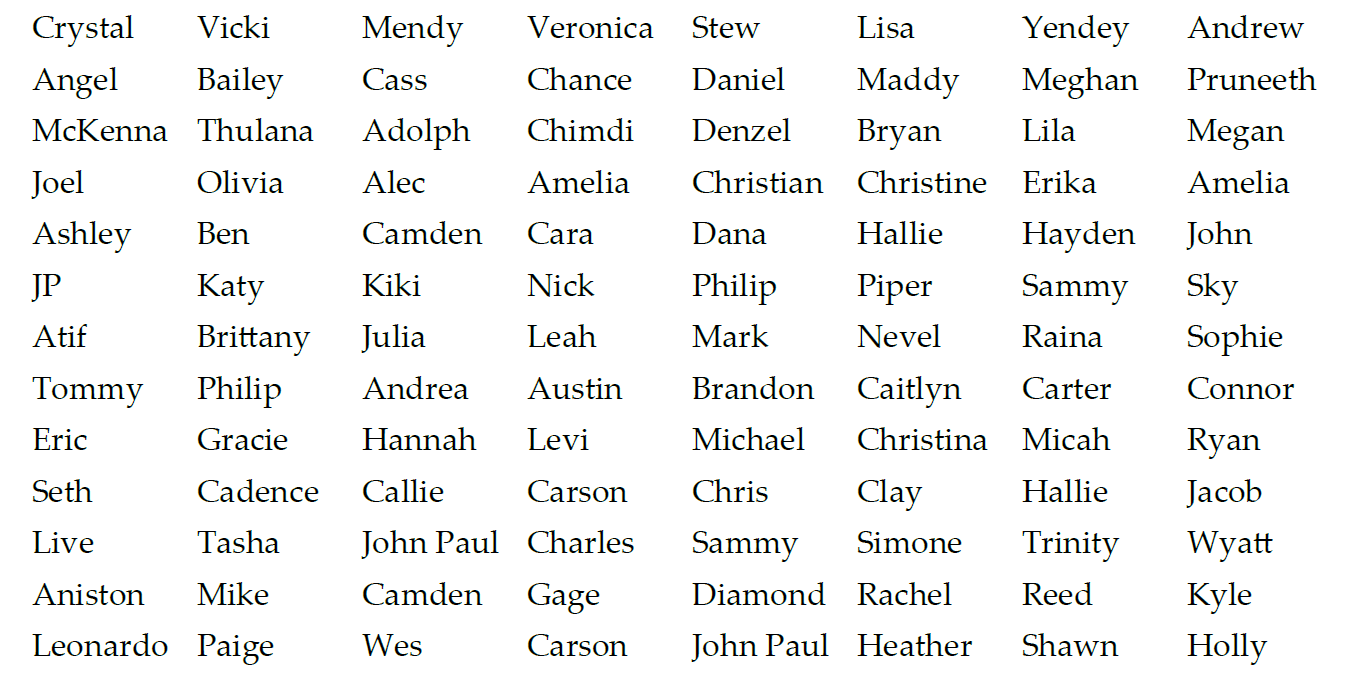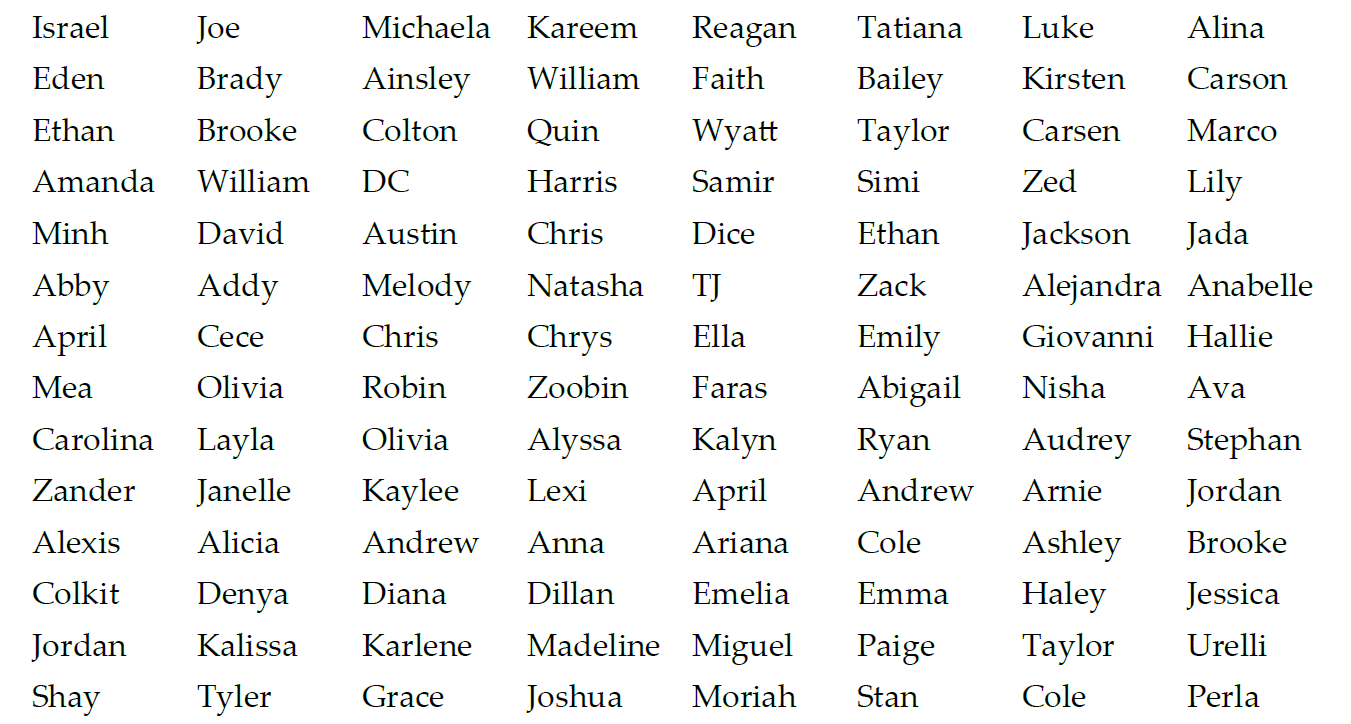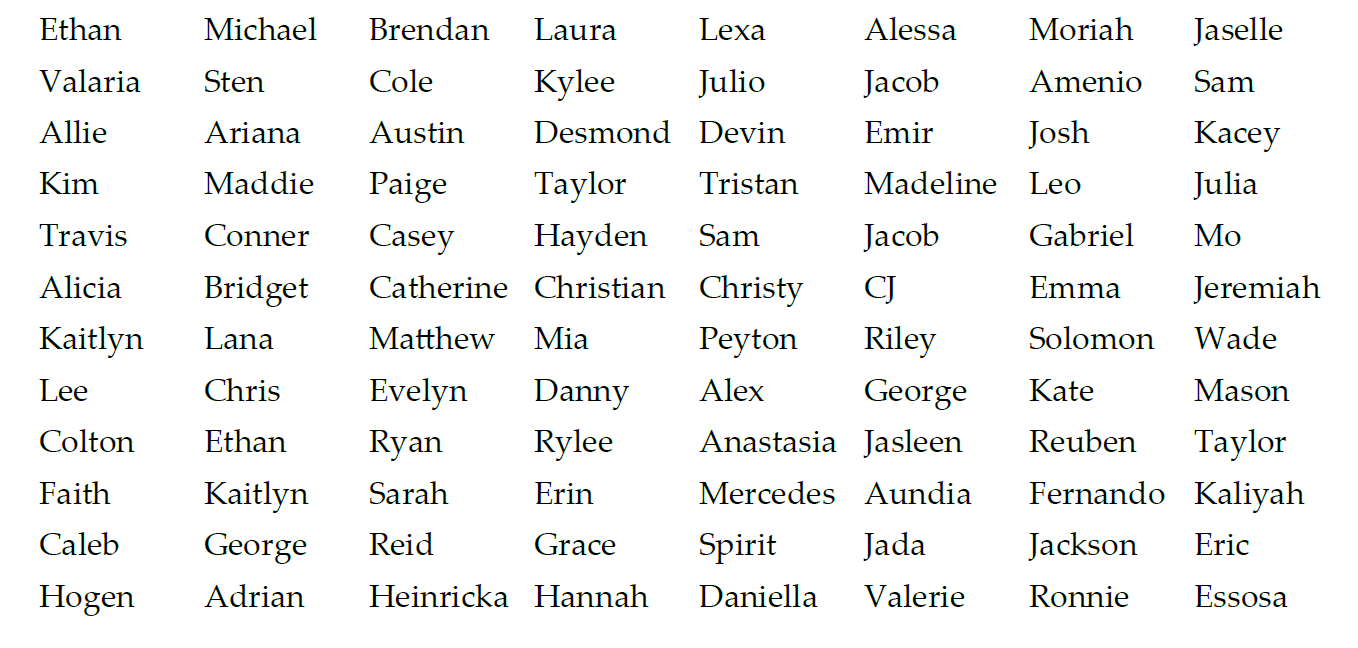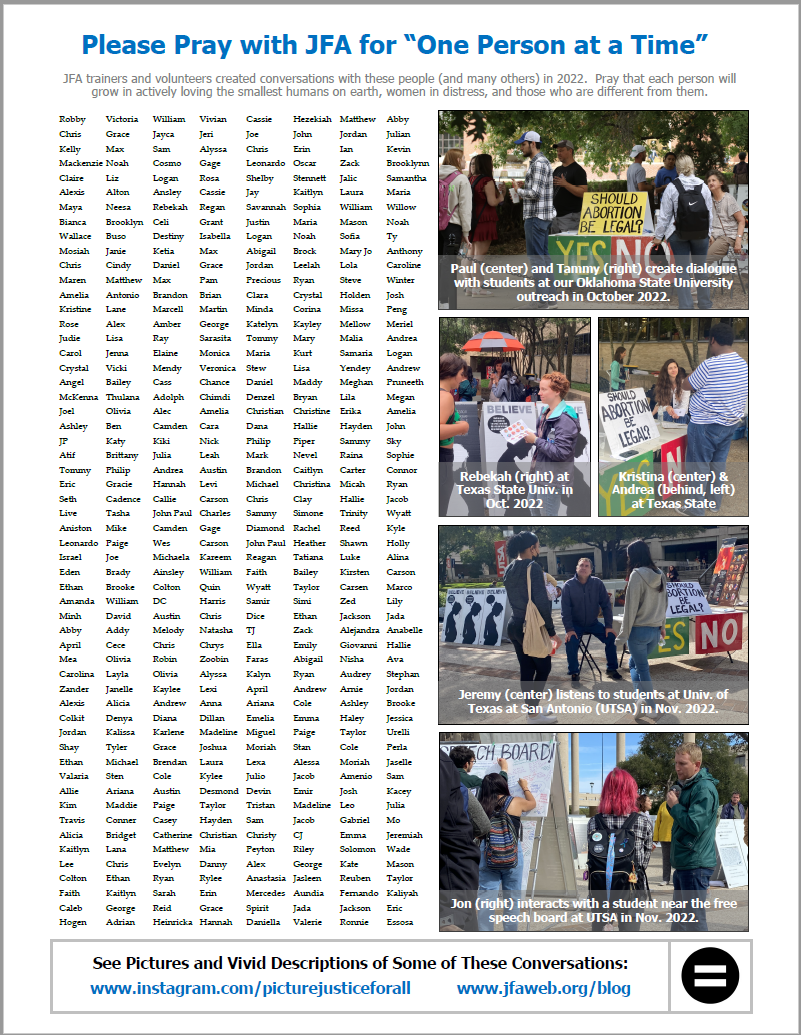Is Abortion just a Choice?
After our team finished setting up at Colorado State University for the day, I walked over to our poll table which asked the question, “Should Abortion Remain Legal?”
A young man I’ll call “David” walked over and signed the yes side. After I greeted him, I began to ask him about his beliefs. He believed the unborn is human, and he did not like abortion. Nevertheless, he felt that abortion should be legal because he did not want the government controlling what we can and cannot do. Our conversation went something like this:
Outreach at Palomar College in California October 2023
Andrea: I agree with you that choice is important. Obviously, we live in America where we have many freedoms. It is important to be able to make choices as long as these choices do not harm other human beings.
David: Yeah, I get that.
Andrea: We probably agree that murder, rape, and child abuse is wrong and should not be legal, right?
David: Yes.
Andrea: We have laws in place against those actions to protect human beings from harm. For example, it is illegal for someone to come to this campus and start shooting because that “choice” would harm other human beings. It is the same with the abortion issue. Since the unborn is a living human being, abortion is a choice that takes the life of an innocent human being.
David: Wow! I have never thought about it that way. That makes sense.
Andrea: Another way to think about it is to imagine that we have two buckets. One bucket is full of choices like your favorite ice cream flavor, what degree you want to get, your favorite sport, and so forth. These would be personal preferences. I think we agree that we should have the freedom to make those choices. The other bucket is full of choices that harm another human being, like murder, rape, and child abuse. Which bucket would you say abortion belongs in? (Read more about how my colleague Tammy Cook came up with this two-bucket analogy at www.jfaweb.org/two-buckets)
David: Oh…I would have to say that abortion belongs in the bucket of choices that harm another human being!
I often talk to people like David who believe the unborn is a living human being and believe abortion is wrong, but also think it should be legal because they feel it is merely a personal preference. It is helpful to point out why abortion should be illegal. Since the unborn is a living human being, elective abortion kills an innocent child. Therefore, elective abortion should not be legal.
As we enter the Thanksgiving and Christmas season, I want to thank you for all your prayers and support. As I reflect back on all God has done this year, I am in awe. It has been incredible to see Him at work. It is people like you who make it possible for me to have these conversations and to help JFA behind the scenes as we work to train many Christians to do the same! If you are not part of my support team, please prayerfully consider joining by giving an end-of-year gift or a monthly pledge.







